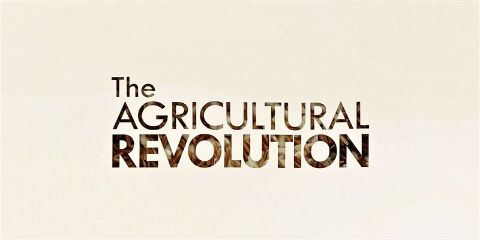My Brain Tumour and Me
BBC Scotland's political editor Glenn Campbell fell off his bike in June 2023. Alone on a country road with broken bones, he feared for his life and felt he'd had a lucky escape when help came his way. But six weeks after his accident, just as he was getting ready to go back to work, he had a seizure. He was diagnosed with incurable brain cancer, turning his world as he knew it upside down. In this film, Glenn shares his experience of living with a brain tumour and explores why treatments for the condition have barely changed in many years.
Early in his cancer journey, Glenn realised there was nothing he could do to change his health outcomes, but the one thing he could do was tell his story. Glenn says, 'It's a golden rule as a journalist not to become the story, but in this case, I just felt that it was worth sharing my personal experience as a way of putting a bit of a spotlight on this most difficult of cancers.'
Supported by family, friends and colleagues, Glenn has documented his story during what has been a very difficult year of gruelling treatment and endless uncertainty. Following surgery, which saw his malignant tumour removed successfully, he embarked on radiotherapy and chemotherapy. He also lives with the constant threat of seizures and has made the decision to share some very personal footage filmed while in the midst of one such episode.
Brain cancer is the biggest cancer killer of people under 40. Every day, 33 people in the UK are diagnosed with a brain tumour. Motivated by his own shortened lifespan and the stories of friends made in the cancer community, Glenn has spent a huge amount of time and energy in the past year raising awareness of this often-misunderstood cancer.
In this intimate film, we see the committed newsman in a different light as he faces down his mortality and considers what matters most in life. Sitting on the beach at Machir Bay on Islay – the island he hails from – he reflects: 'You realise what really matters, and maybe what doesn't quite so much. What really matters is family and friends and good times and making memories, and what maybe doesn't matter is the hubbub of everyday life, work and chores. I think being told you've got a life-limiting condition really puts that into perspective.'
2024 •
Health





